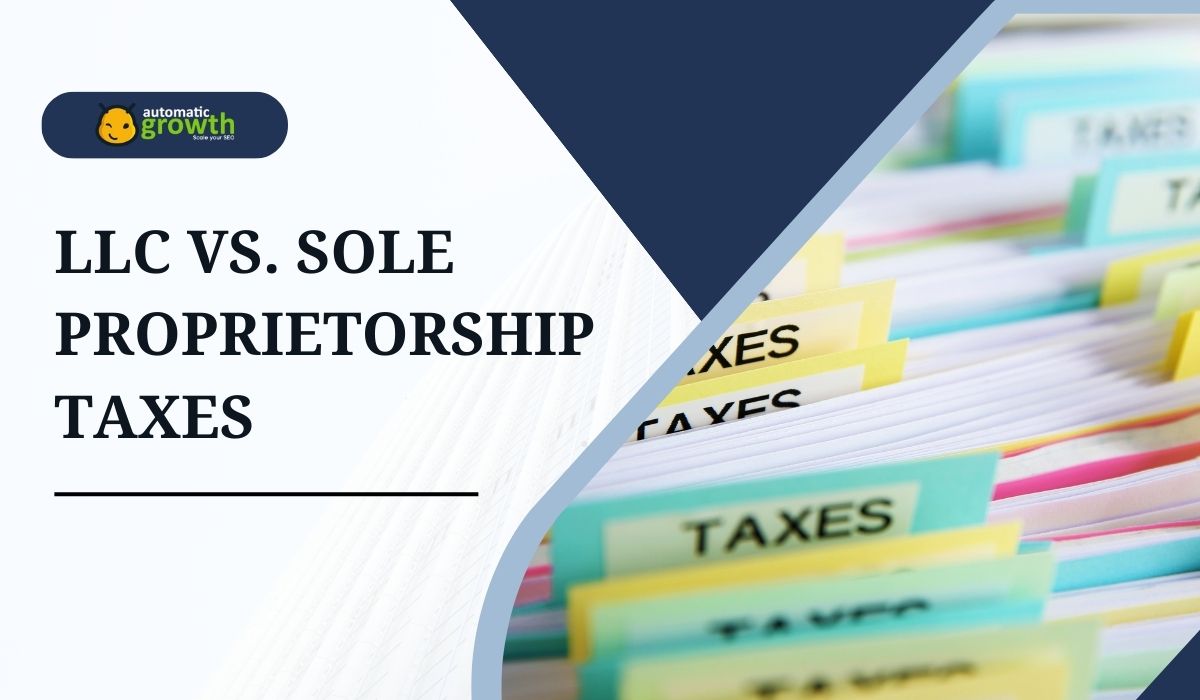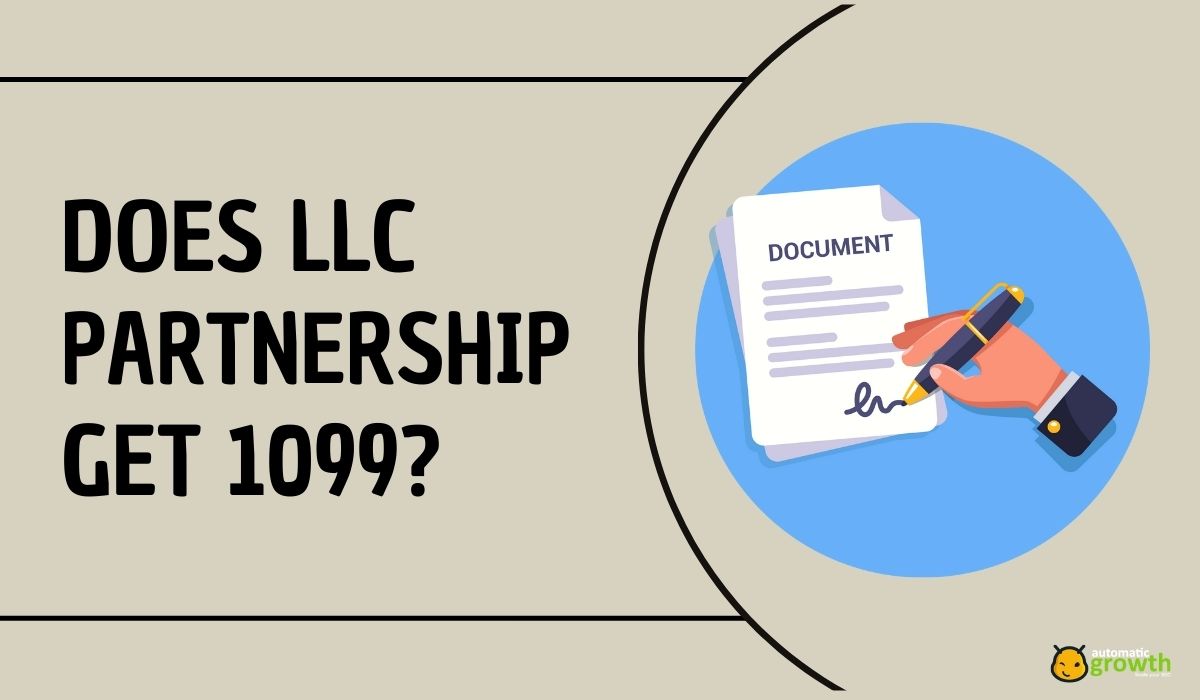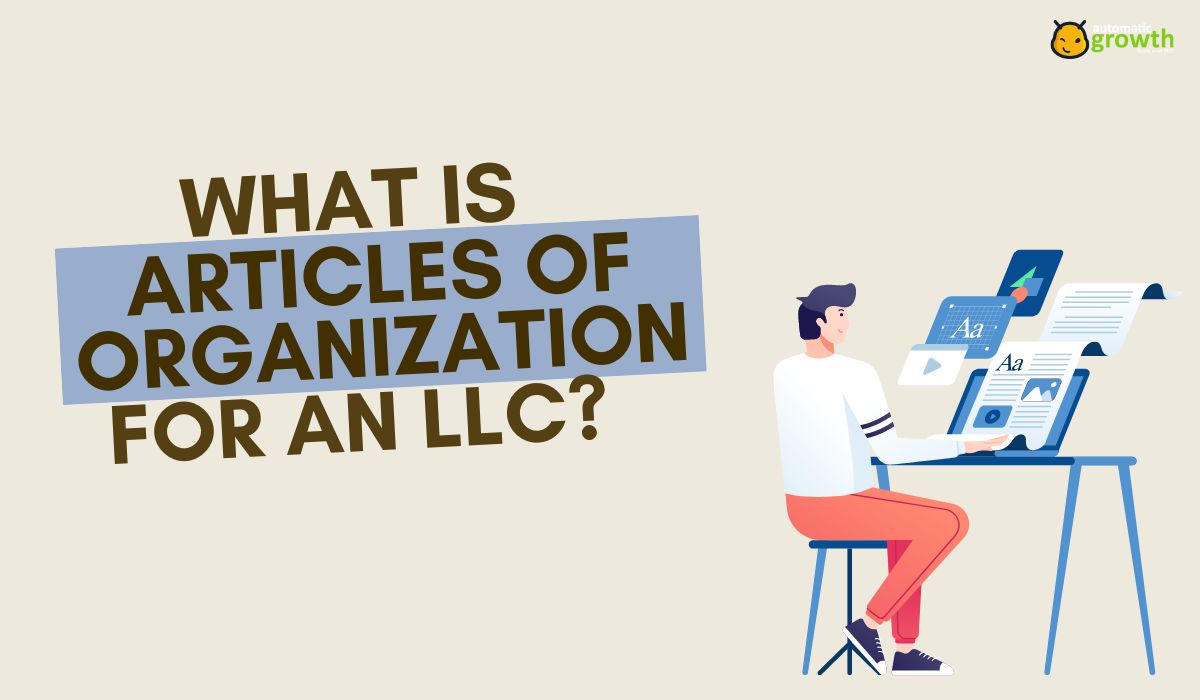Navigating the complexities of business taxation can be a daunting task for entrepreneurs. Two common business structures - Limited Liability Companies (LLCs) and Sole Proprietorships - have distinct tax implications that significantly impact your financial planning and legal obligations. In this guide, we’ll delve into the world of LLC versus Sole Proprietorship taxes to help you make an informed decision about which business structure best suits your business needs.
What Is An LLC?
An LLC, or Limited Liability Company, is a popular business structure that combines the flexibility and simplicity of a sole proprietorship or partnership with the liability protection of a corporation. This hybrid structure offers LLC tax benefits and several advantages for business owners, making it a preferred choice for many entrepreneurs.
-
Limited Liability: Members (owners) of an LLC are typically not personally responsible for business debts or lawsuits, protecting their personal assets.
-
Tax Flexibility: LLCs enjoy pass-through taxation by default, where profits and losses are reported on members' personal tax returns. They can also choose to be taxed as a corporation.
-
Operational Simplicity: LLCs are easier to set up and maintain compared to corporations, with fewer formalities like annual meetings.
-
Flexible Ownership and Profits: There are no limits on the number or types of members in an LLC, and profits can be distributed flexibly, not necessarily based on ownership shares.
-
State-Specific Rules: Each state has its own regulations for LLCs, influencing everything from formation to taxation.
Fast Facts
“This hybrid structure offers LLC tax benefits and several advantages for business owners, making it a preferred choice for many entrepreneurs.”
Understanding LLC Taxes
Pass-Through Taxation
By default, LLCs are treated as pass-through entities. This means that the business itself is not taxed on its profits. Instead, profits and losses are passed through to the members (owners) and reported on their personal tax returns. This avoids the double taxation commonly seen in corporations.
Self-Employment Taxes
Members of an LLC are subject to self-employment taxes, which cover Social Security and Medicare taxes. These are calculated based on the net earnings of the business.
Tax Options
LLCs have the option to be taxed as a corporation (either C-Corp or S-Corp), which might be advantageous in certain situations. [1] For instance, electing S-Corp status can potentially reduce self-employment taxes.
Deductions and Credits
LLC members can take advantage of various business deductions and credits to reduce their taxable income, such as expenses for business operations, home office deductions, and health insurance premiums.
What Is A Sole Proprietorship?
A sole proprietorship is a simple and common business structure owned and run by one individual where there is no legal distinction between the owner and the business entity. It's a popular choice for many small business owners due to its simplicity and ease of setup. Here are the key aspects of a sole proprietorship:
-
Single Ownership: The business is owned and operated by a single individual. The owner has full control over all decisions and operations.
-
Personal Liability: In a Sole Proprietorship, the owner's personal assets and the business assets are considered the same for legal and tax purposes. This means the owner is personally responsible for all liabilities and debts of the business.
-
Taxation: The business income is treated as the owner's personal income. Profits or losses from the business are reported on the owner’s personal income tax returns, and the owner pays personal income tax on the profits.
-
Ease of Formation and Dissolution: Setting up this business structure is generally straightforward, often requiring little more than a business license. Similarly, dissolving a Sole Proprietorship can be simpler than other business structures.
-
Operational Flexibility: The owner has the freedom to make all business decisions, including management, business strategies, and the direction of the business, without the need for consultation with others.
Fast Facts
“A sole proprietorship is a simple and common business structure owned and run by one individual where there is no legal distinction between the owner and the business entity.”
Understanding Sole Proprietorship Taxes
A sole proprietorship is a straightforward business structure with a single owner, and it has its own tax considerations.
Simplicity in Tax Filing
Sole proprietors report their business income and expenses on Schedule C, which is filed along with their personal tax return (Form 1040). This simplicity in tax filing is one of the main attractions of a Sole Proprietorship.
Self-Employment Taxes
Similar to LLC members, sole proprietors are also responsible for paying self-employment taxes on their business earnings.
No Corporate Tax Advantages
Unlike LLCs, a sole proprietorship cannot choose to be taxed as a corporation. The owner is taxed only at the individual level, preventing the possibility of utilizing corporate tax strategies. [2]
Limited Deductions and Credits
While sole proprietors can claim business deductions, they may not have access to the same range of deductions and benefits that an LLC might enjoy, especially if the LLC opts for a corporate tax status.
LLC vs. Sole Proprietorship Taxes: Key Differences
-
Liability and Tax Flexibility: An LLC offers limited liability protection and more flexibility in how it can be taxed, which can lead to significant tax benefits depending on the business’s income and structure.
-
Ease of Tax Filing vs. Tax Benefits: Sole Proprietorships offer simplicity in tax filing but lack the tax flexibility and potential benefits that come with an LLC, especially when it comes to choosing different tax statuses.
-
Self-Employment Tax Implications: Both structures involve self-employment tax considerations, but an LLC electing S-Corp status can offer ways to reduce this burden.
While both LLCs and Sole Proprietorships have their advantages, the choice between them depends largely on the specific financial circumstances of the business, the level of liability protection desired, and the preferred tax benefits. Consulting with a tax professional can provide personalized advice and help in navigating these complex decisions.
















